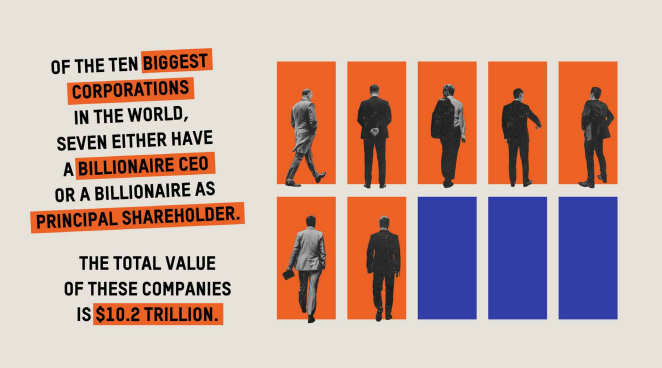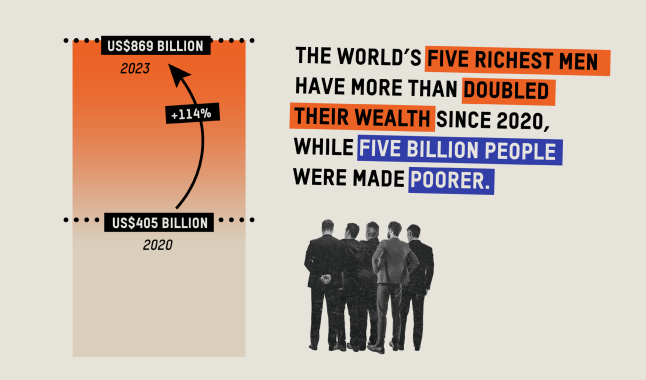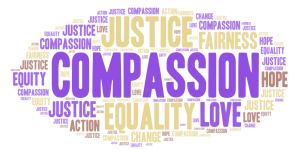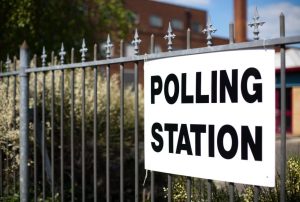Inequality, Inc. – Oxfam’s shocking report on wealth inequality
22 January 2024
By Becca Bor
Last week Oxfam released its annual report on global wealth inequality to coincide with the World Economics Forum in Davos. The report paints a picture of mind boggling wealth and devastating poverty.
Here in Northern Ireland, we are constantly told that there is not enough money to properly fund education, the NHS, social security, and wages. Here, thousands go to bed hungry and cold, and have seen their own immiseration because of low wages, low benefit payments, high rents, energy costs, childcare costs and inflation in general. Last year the Secretary of State, Chris Heaton-Harris, implemented a “punishment” budget, cutting lifelines for many of the most vulnerable in society, and now he is looking to further squeeze the general public through revenue raising mechanisms. Yet the picture of global wealth flies in the face of the narrative that there is no money – and this report tells a damning story about the unwillingness of governments to reverse the trend of massive inequality.
The Oxfam report begins:
Since 2020, the richest five men in the world have doubled their fortunes. During the same period, almost five billion people globally have become poorer. Hardship and hunger are a daily reality for many people worldwide. At current rates, it will take 230 years to end poverty, but we could have our first trillionaire in 10 years.
A huge concentration of global corporate and monopoly power is exacerbating inequality economy-wide. Seven out of ten of the world’s biggest [corporations] have either a billionaire CEO or a billionaire as their principal shareholder. Through squeezing workers, dodging tax, privatizing the state and spurring climate breakdown, corporations are driving inequality and acting in the service of delivering ever-greater wealth to their rich owners.
To end extreme inequality, governments must radically redistribute the power of billionaires and corporations back to ordinary people.
A more equal world is possible if governments effectively regulate and reimagine the private sector.
Inequality Inc., Oxfam Briefing Paper

The main driver of this extreme wealth and the increased impoverishment of billions of people is the connection between corporate monopolies and extreme wealth. In 2021 and 2022, the biggest global corporations have seen a nearly 90% increase in their profits, and profit rates in 2023 are expected to shatter the previous year’s. These profits are used overwhelmingly to pay shareholders, further padding the pockets of multi-millionaires and billionaires.
Billionaire CEOs and shareholders use their power to increase their market shares and their own payouts. There has been a rapid consolidation of monopolies across many sectors – from food, to distribution, to finance, to tech.
“Globally, over two decades, 60 pharmaceutical companies merged into just 10 giant, global ‘Big Pharma’ firms between 1995–2015.34
Two international companies now own more than 40% of the global seed market.
‘Big Tech’ firms dominate markets: three-quarters of global online advertising spending pays Meta, Alphabet and Amazon
More than 90% of global online search is done via Google.
Inequality, Inc., Oxfam Executive Summary

This extreme monopolisation increases prices and squeezes wages, thus forcing more and more people into poverty. These corporations prioritise paying their shareholders over their workers, which in turn increases inequality.
They use their economic weight to dodge taxes or lobby governments for tax haven status, which in turn deprives governments from having money for public services. This creates the scenario where money is siphoned out of public coffers into private hands, and governments cry poverty when they could be investing in education, health care, infrastructure, etc.
Additionally, this corporate power also influences governments to privatise public services and resources. Further benefiting their profits and shareholders, and degrading public services.
Privatization can drive and reinforce inequalities in vital public services, entrenching gaps between rich and poor, excluding and impoverishing those who cannot pay while those who can pay are able to access good healthcare and education. Privatization can also drive inequalities on the basis of gender, race, and caste.
Inequality, Inc, Oxfam Executive Summary
Finally, this unimaginable corporate wealth and power has driven forward climate break down, which impacts the poorest most marginalised, often women in the global south, disproportionately.
The report lays out concrete recommendations to reign in runaway wealth and policies that will begin to reverse the wealth inequality that characterises the 2020s.
- Revitalise the state – governments must invest in good public services, fair wages and working conditions. Guarantee basic standard of living, including access to health care, education, housing, public transport and food security.
- Regulate corporations – governments must break-up monopolies, massively increase taxation of large corporations and support trade unions and workers rights.
- Reinvent business – governments can use power to support different forms of businesses that do not put their shareholder’s interests ahead of the common good, such as social enterprises, co-operatives and worker owned businesses. Stop all government contracts with businesses that do not pay a living wage, dodge taxes or harm the environment.
Inequality, Inc. the full Oxfam report and Executive Summary








